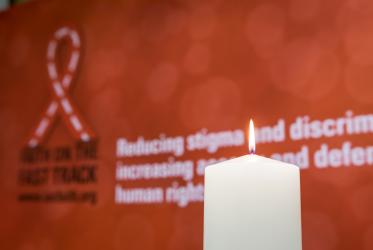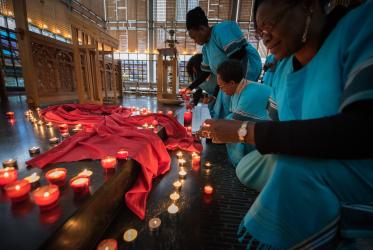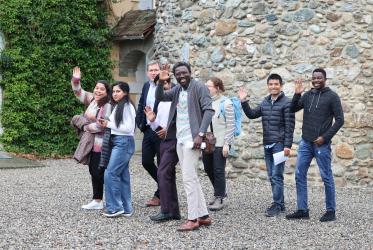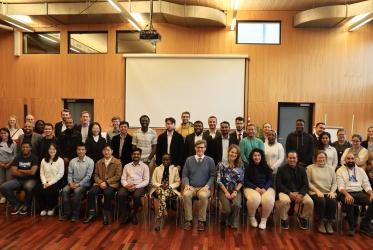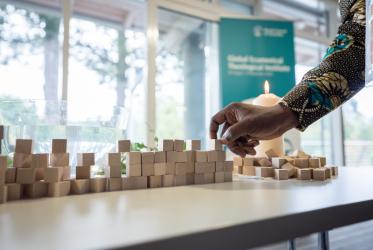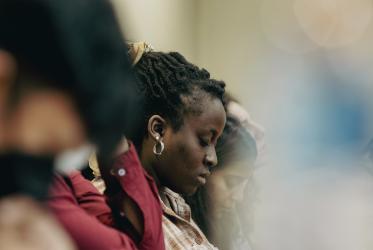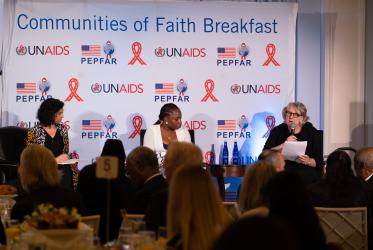Displaying 21 - 40 of 849
Ecumenical Institute at Bossey shares “Beyond Boundaries” newsletter
29 November 2023
WCC institute encouraged rethinking theology
23 November 2023
WCC Eco-School begins in Crete
15 November 2023
Regional theological institute will gather young people from Africa
02 November 2023
Dies Academicus 2023 brings hope with deep discourse
02 November 2023
Ahead of Her Time
Pan-African Women of Faith and the Vision of Christian Unity, Mission, and Justice
01 November 2023
Recommended Practices to Combat HIV-Related Stigma
A Guidebook for Local Faith Communities
05 October 2023
Faith Sector Implementation of the Global AIDS Strategy
05 October 2023


